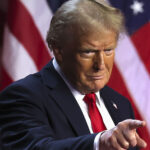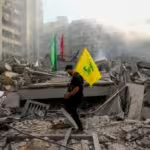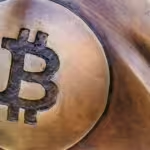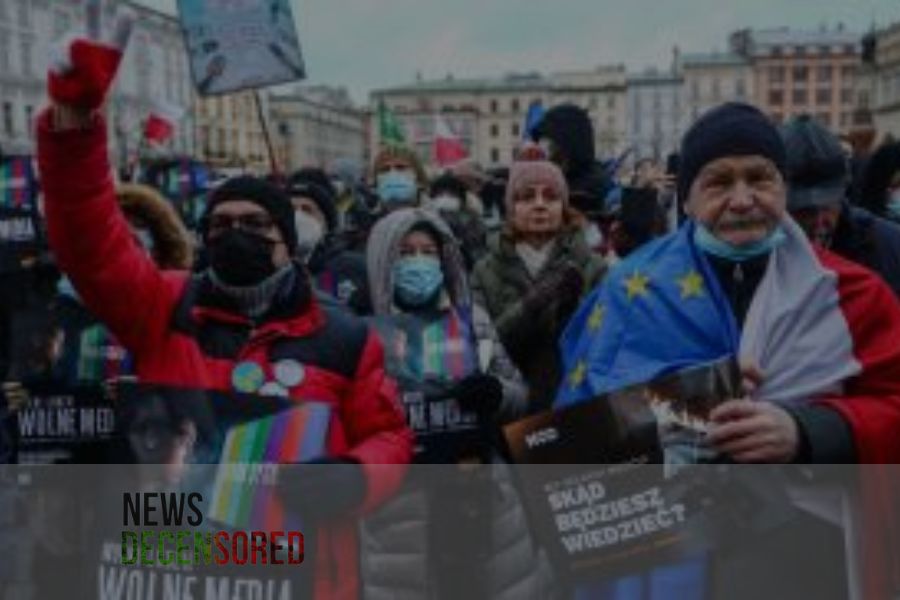In recent years, protests on college campuses in the US have been in the news a lot, sparking debates about the role of journalism in shaping public perceptions of social movements, which allow people to talk about how the media talks about these protests. While the media plays a crucial role in informing the public, some worry that covering these protests is unfair and makes things sound more dramatic than they are, leading to the weaponization of news narratives for pushing specific ideas or agendas.
Historically, campus protests have been a platform for students to voice their concerns about fairness and the environment. However, now, the news mostly talks about the dramatic parts, such as clashes between protesters and law enforcement or controversial statements made by participants that cause a stir.
One of the key criticisms is that people say the news only talks about some parts of protests and ignores the rest, making things seem different from what happened and leading to a distorted portrayal of events. Sometimes, they only show the violent or noisy parts, highlighting instances of violence or disruption, which puts protesters in a negative light and undermines the legitimacy of their grievances.
Moreover, there are concerns that media coverage of campus protests has been politicized, making it seem like one side is right and the other is wrong. This has led to weaponizing news narratives and making people think in one way or another. As a result, the public’s understanding of campus protests is often influenced by news that might not be fair or true, making our society more divided.
Another aspect of the weaponization of media coverage is the role of social media like Twitter and Facebook, which has become a place where people fight over what is true. This has led to misinformation and the proliferation of echo chambers. It leads to the spread of wrong information, exposing individuals only to viewpoints that fit what they already think.
Responding to these concerns, some people who watch media watchdogs and advocacy groups closely ask for more honesty and fairness in the news. They want reporters to follow rules to present diverse perspectives and avoid sensationalizing events just for a few clicks or ratings.
Additionally, there have been calls for media literacy education to help the public critically evaluate news coverage for some people who want to teach others how to understand news better. They can help people see through news that is not fair or honest and think critically about the information they consume, especially when it comes to protests and other social movements.
Ultimately, weaponizing media coverage of campus protests underscores the importance of responsible journalism in a democratic society. As journalists grapple with the challenges of covering complex and contentious issues, they must uphold the principles of accuracy, fairness, and impartiality to ensure that their reporting serves the public interest rather than perpetuating division and polarization. Only by holding the media accountable can we ensure that journalism remains a watchdog for democracy rather than a tool for manipulation and propaganda.
Ultimately, how the media covers campus protests in a democratic society underscores the importance of responsible journalism. Journalists need to stick to being honest and fair and not taking sides, especially when they report covering complex and contentious issues. This way, their news helps everyone and does not make things more divided. We need to make sure the media does its job right without using the tricks of dividing people among different points of view because this is the only way to keep our democracy strong and peaceful.















